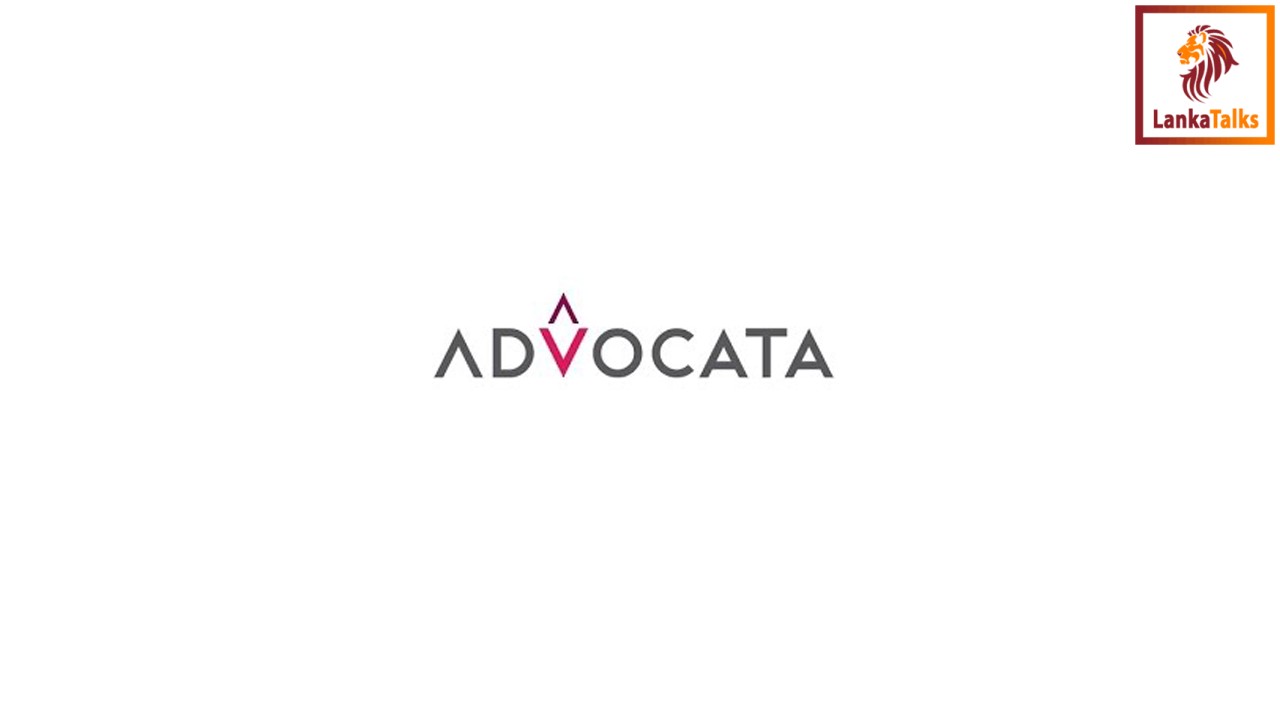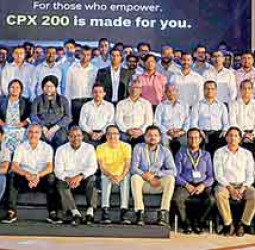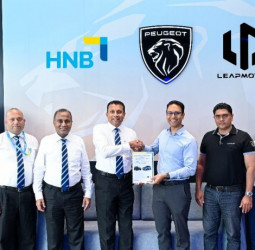Recent rumours that the new government might grant the Ceylon Electricity Board (CEB) permission to continue to bypass competitive bidding for fuel purchases have sparked an uproar on social media. While the validity of these reports is yet to be determined, the resulting online debate draws attention to an ongoing cycle of debt and loss that has plagued Sri Lanka’s State Owned Enterprises (SOEs) for decades. As an economic policy think tank, the Advocata Institute strongly believes in the necessity of introducing competitive procurement processes to the operations of SOEs to mitigate this problem.
Due to the lack of such guidelines within the institution, the CEB has been purchasing naphtha - used for generating electricity - from the Ceylon Petroleum Corporation (CPC) at prices higher than global market prices, effectively driving up the cost of electricity production and thereby driving up tariffs, much to the detriment of consumers. CEB often delays payments to the CPC as a result of its own inefficiencies, thereby racking up debt which is financed by borrowings from state banks such as People’s Bank or Bank of Ceylon or in some cases, prompting the Government to absorb said debt into its own Balance Sheet. As an example: in 2023 the Treasury injected Rs. 126.3 billion to the CEB in order to settle accumulated debt to the CPC and Independent Power Producers (Ministry of Finance Annual Report, 2023).
The CPC also overcharges Sri Lankan Airlines (SLA) for jet fuel in a similar way. Given that fuel costs comprise a significant portion of the airline's total expenditure, it is no surprise that higher fuel costs could lead to losses which would again have to be financed through government assistance. As per the Ministry of Finance Annual Report 2023, the Treasury infused additional equity capital of Rs.102.5 billion to SLA in order to settle an outstanding debt to CPC. This problem of circular debt is something the Advocata Institute has written extensively about.
It is clear that the inefficiencies in procurement processes of State Owned Enterprises (SOEs) such as CEB and CPC affect other SOEs and consumers alike, with state banks having to lend depositors’ funds at disadvantageous rates and consumers being forced to pay higher tariffs, while experiencing sub par services from loss making SOEs. Debt cycles such as these also contribute to expanding the Treasury’s budget deficit making this issue a national concern in more ways than one. It is also important to note that inefficiencies such as those illustrated above have persisted in SOEs for a long time and have the potential to continue indefinitely if not addressed.
Establishing a competitive bidding process in all SOEs would automatically decrease room for corruption and improve transparency regarding procurement practices. The IMF Governance Diagnostic Assessment report makes a direct reference to SOEs not following a competitive bidding process and how that directly results in corrupt practices in procurement processes.
While SOEs have historically been considered a drain on public finance and prime environments for corruption due to lack of accountability and oversight, reforms have progressed at a snail’s pace with some instances of certain reform processes being abandoned completely or even reversed. For example: the current government announced that it would abandon plans to privatise SriLankan Airlines and an alternate reform path is yet unknown.
In a similar vein, there has been little follow up on the new Electricity Bill approved by parliament in June 2024. This Bill included several important reforms, including unbundling the CEB which would open up new opportunities for competition in Sri Lanka’s energy sector. These attempts join a long line of stalled SOE reforms spanning decades and bring into question the likelihood of seeing true progress in this area.
However, as reported by adaderana.lk, President Anura Kumara Dissanayake has recently engaged in a discussion with the National Procurement Commission (NPC) on the importance of establishing more systematic procurement laws and procedures. This is a sign that the government will focus its attention on the issues brought about by inefficient procurement practices and attempt to mitigate those issues by introducing a competitive bidding process. If so, it could be a considerable step towards breaking the cycle of debt among SOEs that has brought negative consequences for consumers and the overall national economy for many years.
As SOE procurement practices are a major source of corruption, addressing this issue head-on and implementing a competitive bidding process which is transparent aligns well with the anti-corruption promises of the current government. As such, the Advocata Institute urges the government to prioritise the implementation of a competitive bidding process as the first step in the process of bringing SOEs out of the cycle of debt and loss that has handicapped the Sri Lankan economy for so many years.



 A.R.B.J Rajapaksha
A.R.B.J Rajapaksha



